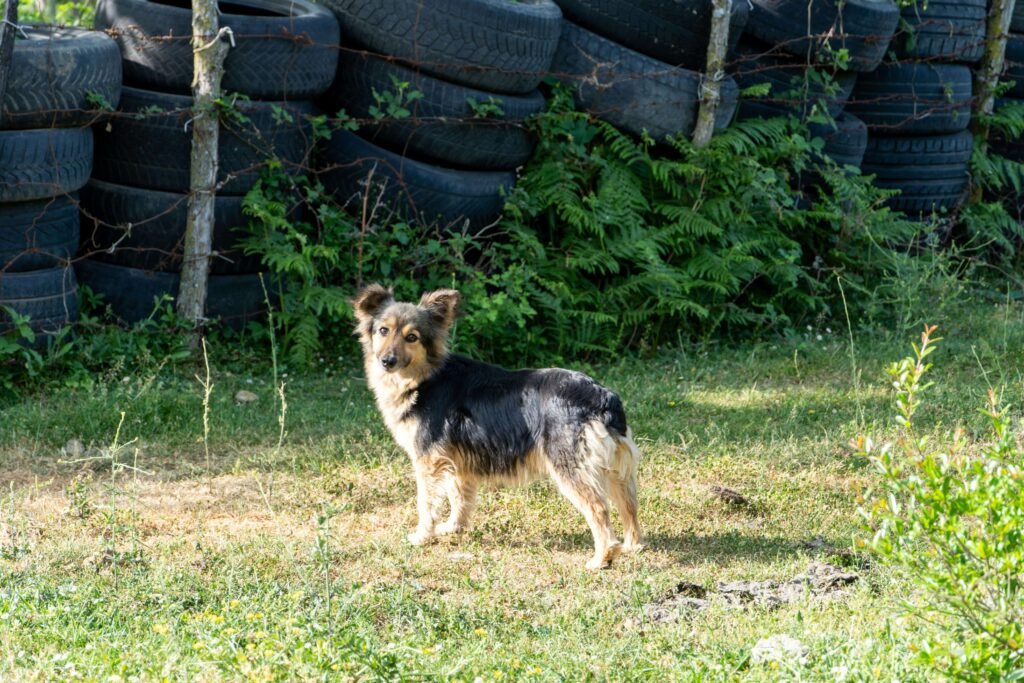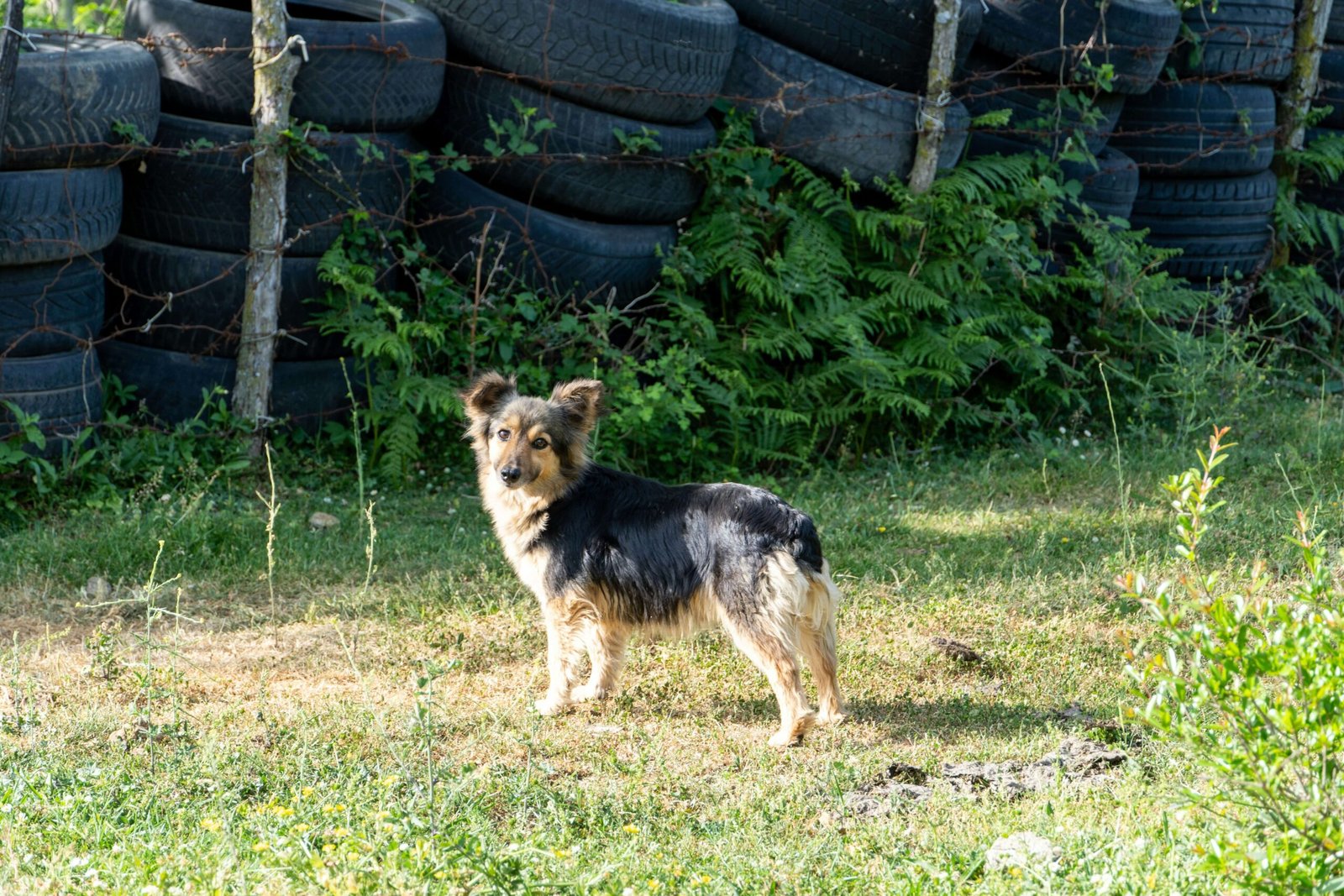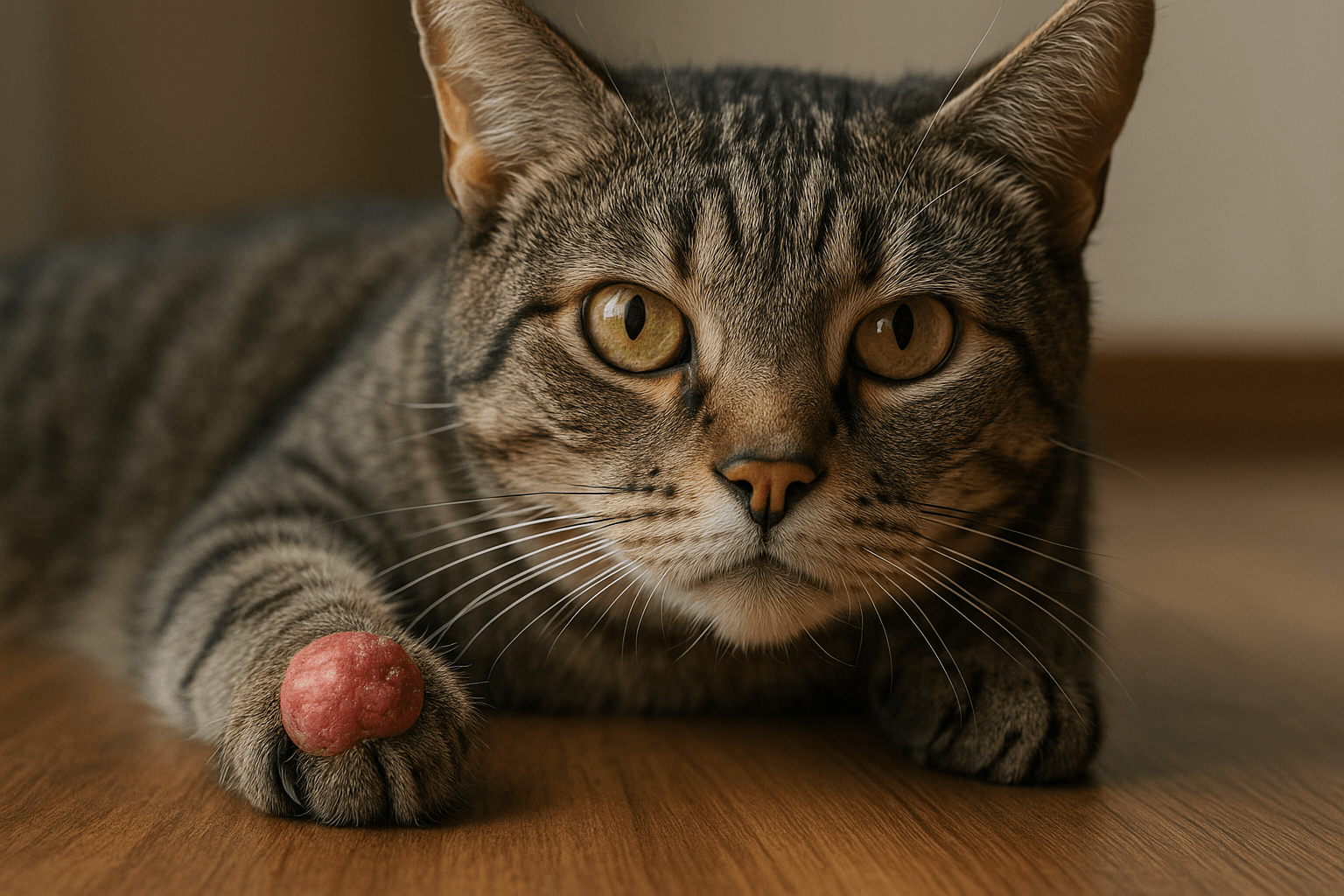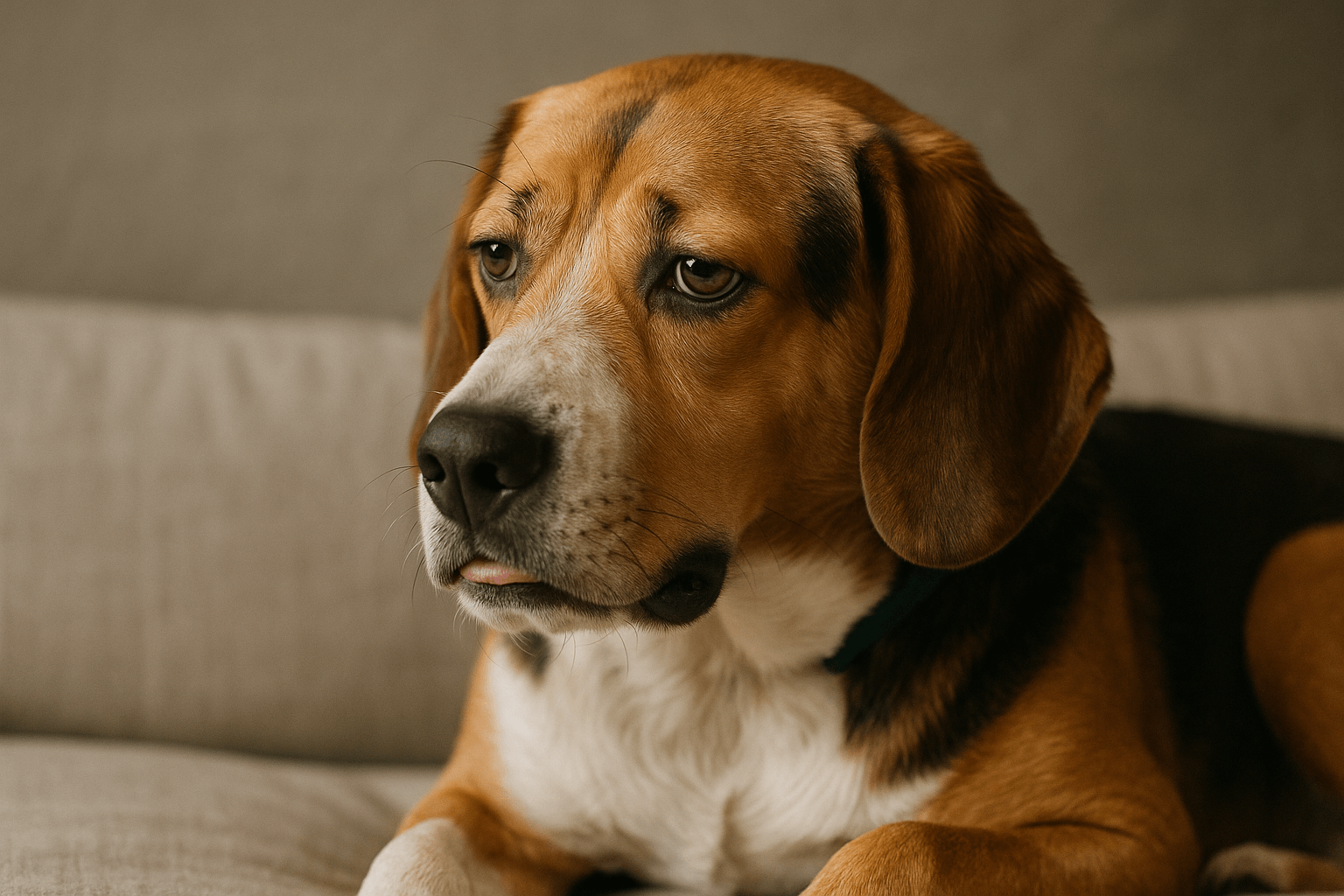My Dog Drank Coffee with Milk – What Now?
It’s early morning, and the aroma of freshly brewed coffee fills the air. You take a sip of your favorite latte, savoring the rich flavor, when suddenly you notice something unusual – your dog has managed to sneak a sip from your cup. Panic sets in as you realize that coffee isn’t exactly on the list of pet-safe beverages. But don’t worry; you’re not alone in this situation. Many pet owners have faced similar mishaps, and knowing how to respond can make all the difference. In this blog post, we’ll explore what happens when your dog drinks coffee with milk, why it’s concerning, and how to keep your furry friend safe.
Why Coffee is Harmful to Dogs
Coffee contains caffeine, a stimulant that affects dogs differently than humans. While we may enjoy the energy boost, our canine companions are far more sensitive to its effects. Here’s why coffee poses risks to your dog:
Caffeine stimulates the central nervous system, leading to restlessness or hyperactivity in dogs.
It can cause an increased heart rate, which may lead to cardiac issues in severe cases.
Dogs metabolize caffeine much slower than humans, meaning its effects last longer in their system.
Theobromine, another compound found in coffee, is toxic to dogs and can cause gastrointestinal upset.
Even small amounts of coffee can be dangerous for smaller breeds or puppies due to their lower body weight.
Understanding these risks is crucial because prevention starts with awareness. If your dog has already consumed coffee, it’s important to act quickly to minimize potential harm.
Signs Your Dog May Be Reacting to Coffee
If your dog drank coffee with milk, they might exhibit certain symptoms depending on the amount consumed and their size. Keep an eye out for these warning signs:
Excessive panting or drooling, indicating discomfort or anxiety.
Vomiting or diarrhea, as the body tries to expel the toxin.
Restlessness or pacing, showing signs of overstimulation.
Tremors or muscle twitching, signaling neurological distress.
Rapid breathing or elevated heart rate, pointing to cardiovascular stress.
These symptoms can vary in severity, so it’s essential to monitor your dog closely after exposure to coffee. Early detection can help prevent complications and ensure timely intervention if needed.
Check this guide 👉My Dog Ate a Rock – Will It Pass? Best 7 Health Tips!
Check this guide 👉What to Do If Your Dog Ate Toothpaste: Best 7 Health Tips!
Check this guide 👉What to Do If Your Dog Drank Bleach Water: Best 7 Tips!

Symptoms to Watch For | Steps to Take Immediately |
|---|---|
Excessive panting or drooling | Contact your veterinarian right away |
Vomiting or diarrhea | Keep your dog hydrated |
Restlessness or pacing | Prevent further access to harmful foods |
Tremors or muscle twitching | Monitor vital signs closely |
Rapid breathing or heart rate | Avoid inducing vomiting without advice |
How to Prevent Future Incidents
Prevention is always better than cure, especially when it comes to protecting your dog from harmful substances like coffee. Here are some practical steps you can take:
Store all caffeinated beverages and food items out of reach, preferably in closed cabinets.
Use pet-proof trash cans to prevent scavenging behavior.
Train your dog to avoid counters or tables where drinks and snacks are kept.
Supervise your dog during social gatherings where spills or dropped cups might occur.
Educate family members and guests about the dangers of feeding human food to pets.
By implementing these measures, you can create a safer environment for your dog and reduce the risk of accidental poisoning.
Safe Alternatives to Treat Your Dog
If you love sharing treats with your dog, there are plenty of safe alternatives to coffee and other harmful human foods. Consider these options instead:
Peanut butter (xylitol-free) is a tasty treat most dogs adore.
Plain yogurt provides probiotics beneficial for digestion.
Carrot sticks offer a crunchy snack packed with vitamins.
Apple slices (without seeds) are a sweet and healthy option.
Cooked chicken or turkey makes for a protein-rich reward.
Remember, moderation is key when offering treats to your dog. Always check with your vet before introducing new foods to ensure they’re appropriate for your pet’s dietary needs.
Common Household Items That Are Toxic to Dogs
Our homes are filled with everyday items that can pose serious risks to our furry friends. While coffee is one of them, there are several other substances you should be aware of to keep your dog safe. Here’s a list of common household toxins:
Chocolate contains theobromine and caffeine, both of which are highly toxic to dogs.
Grapes and raisins can cause kidney failure, even in small amounts.
Onions and garlic may lead to anemia by damaging red blood cells.
Cleaning products like bleach or detergents can irritate your dog’s skin or harm their respiratory system if inhaled.
Certain houseplants, such as lilies or philodendrons, are poisonous if ingested.
By identifying and securing these hazards, you can create a safer home environment for your pet. Prevention is always the best approach when it comes to protecting your dog from accidental poisoning.
Fun Activities to Keep Your Dog Entertained
Dogs thrive on mental and physical stimulation, and keeping them entertained is key to their happiness. If your dog has been recovering from an incident like drinking coffee, low-energy activities can help them stay engaged without overexertion. Here are some fun ideas:
Puzzle toys challenge your dog’s problem-solving skills while rewarding them with treats.
Short training sessions reinforce obedience and strengthen your bond with your pet.
Scent games tap into your dog’s natural instincts by encouraging them to find hidden objects or treats.
Gentle walks around the neighborhood provide light exercise and sensory enrichment.
Interactive play with soft toys promotes engagement without straining their energy levels.
These activities not only entertain your dog but also contribute to their overall well-being. Remember to tailor the intensity of the activity to your dog’s current health and energy level.
Tips for Introducing New Foods to Your Dog
If you’re considering adding new foods to your dog’s diet, it’s important to proceed with caution. While variety can be beneficial, sudden changes or inappropriate choices can upset their stomach or even cause harm. Follow these tips to introduce new foods safely:
Start with small portions to monitor how your dog reacts to the new food.
Avoid foods that are known to be toxic, such as chocolate, onions, or grapes.
Consult your veterinarian before making any significant dietary changes.
Gradually mix the new food with their regular diet to avoid digestive issues.
Watch for signs of allergies, such as itching, vomiting, or diarrhea, after introducing the food.
Taking a careful and informed approach ensures that your dog enjoys a balanced and safe diet. Always prioritize their health and well-being when experimenting with new foods.
Frequently Asked Questions About Dogs and Coffee
Is it safe for dogs to drink decaf coffee?
No, even decaffeinated coffee contains small amounts of caffeine and other compounds that can still harm dogs.
What should I do if my dog drank coffee?
Contact your veterinarian immediately and provide details about the amount consumed and any symptoms observed.
Can milk neutralize the effects of coffee in dogs?
Milk does not counteract the harmful effects of caffeine or theobromine in coffee.
Are there long-term effects of caffeine ingestion in dogs?
In mild cases, recovery is usually complete within 24 hours. However, severe cases may require ongoing veterinary care.
How can I tell if my dog has had too much caffeine?
Look for symptoms such as vomiting, tremors, rapid breathing, or abnormal behavior, and seek professional help promptly.
Stay Calm and Keep Your Dog Safe
Accidents happen, but being prepared can make all the difference when your dog drinks something they shouldn’t. Whether it’s coffee with milk or another harmful substance, understanding the risks and knowing how to respond will help protect your furry companion. Remember to store potentially toxic items safely, educate others about pet safety, and always consult your veterinarian if you suspect your dog has ingested something dangerous. With vigilance and care, you can ensure your dog stays happy, healthy, and free from harm.
Cuterebra Larvae in Cats: Best 7 Expert Tips! – Expert advice on signs, treatment & prevention of this rare but serious feline parasitic infestation.
Cuterebra Larvae in Dogs: Best 7 Expert Tips! – Expert advice on signs, treatment & prevention of this rare but serious parasitic infestation.
Cat Tumor on Paw: Best 7 Expert Tips! – Expert advice on signs, diagnosis, treatment & care for feline paw tumors.
Panacur Side Effects in Dogs: Best 7 Expert Tips! – Safe usage, common reactions & when to call the vet.





